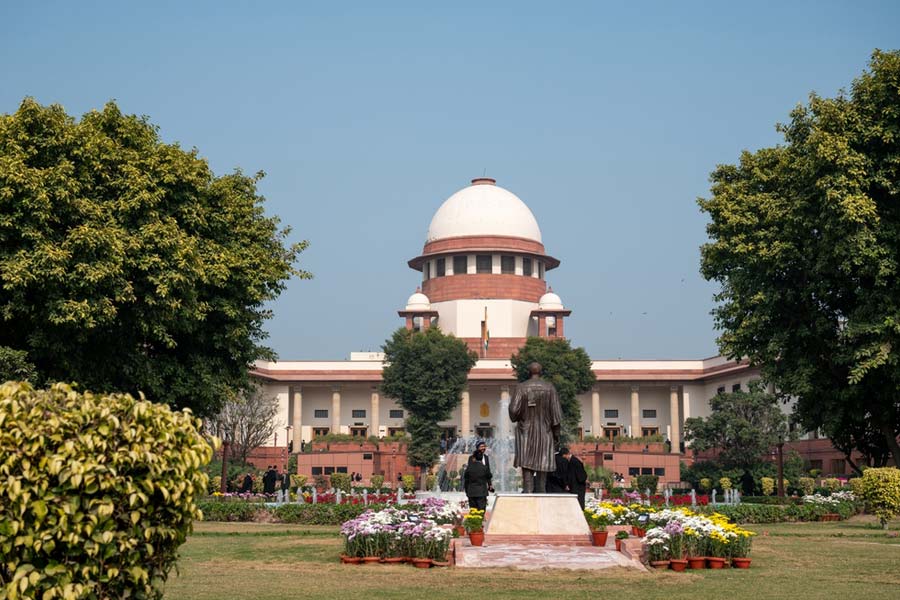The Supreme Court has asked for the views of state governments and other stakeholders with reference to a plea that legislators convicted of crime should not be allowed to contest elections thereafter. Neither should they hold party posts. The relevant provision of the Representation of the People Act bars convicted legislators from contesting elections for six years after being released from prison. Another section says that bureaucrats dismissed for corruption or disloyalty to the State shall not contest elections for five years. As for holding party posts, the Union government in 2018 had said that the six-year bar by law for legislators had nothing to do with holding party posts since office holders in the party were not representing the government. Criminalisation of politics has been a major concern for a number of years; even now there are 45 to 48 legislators with criminal cases against them. The problem is that in politics it is not unusual to have false cases instituted against rivals. That is why conviction is the only way that crime can be proved against a politician.
Cleansing politics of criminalisation would not only take time but would also have to be done with great care. One objection against the six-year ban seems to be that legislators convicted of murder or rape would be able to contest elections after six years plus prison time. The alternative would be either to make different laws for different crimes or to ban all convicted legislators from contesting elections ever again. The first solution might seem discriminatory. As for the second, it would directly contradict the idea of imprisonment as a reformatory exercise. If prison terms are envisioned as corrective in the case of all prisoners, can legislators be treated differently? The ideal would be greater self-awareness and rectitude on the part of political parties and their refusal to field candidates with cases against them. The fact that the priority is given to ‘vote-getters’ rather than upright leaders is bad enough: votes can be harvested in different ways. It is worse that all the methods to ensure transparency — asset declaration, for example — always seem to fall short of the goal, that is, the fielding of candidates with credibility. The tendency can still be reversed; how to do so would need careful thinking.










